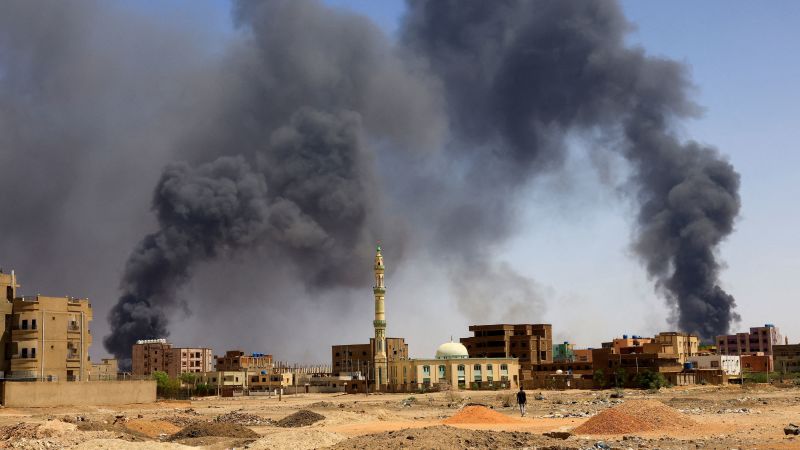
Race Against Time: North Sudan Hospital in Peril as Civil War Escalates
In a nation torn apart by civil war, the few remaining hospitals are crucial lifelines for civilians caught in the crossfire. North Sudan, a country ravaged by political turmoil, has seen its healthcare infrastructure pushed to the brink of collapse as violence escalates. The recent intensification of the deadly civil war has put immense strain on the already limited resources available to the vulnerable population.
Operating in a volatile environment, the hospitals in North Sudan face numerous challenges that threaten their ability to provide essential medical care. With the constant threat of violence looming over the region, hospital staff are forced to work under incredibly stressful conditions, risking their lives to save others. Amidst the chaos and fear, these healthcare workers remain dedicated to their mission of alleviating suffering and saving lives.
The impact of the civil war on the healthcare system in North Sudan is visible in the dwindling supplies of essential medications and medical equipment. As the conflict rages on, access to vital resources becomes increasingly scarce, endangering the lives of patients who depend on these supplies for their survival. The lack of basic necessities, such as antibiotics and surgical instruments, poses a significant challenge to the hospitals struggling to meet the growing demand for medical care.
Furthermore, the closure of hospitals due to the conflict would have devastating consequences for the civilian population, many of whom have already been displaced from their homes. For those injured in the crossfire, access to medical treatment is a matter of life and death. The closure of even a single hospital could leave countless individuals without access to critical healthcare services, further exacerbating an already dire situation.
Despite the overwhelming challenges they face, the healthcare workers in North Sudan continue to demonstrate resilience and dedication in the face of adversity. Their tireless efforts to provide care under extreme circumstances are nothing short of heroic. As the civil war rages on, it is imperative that the international community steps up to support these courageous individuals and ensure that the hospitals in North Sudan remain operational.
In conclusion, the healthcare system in North Sudan is facing a crisis of unprecedented proportions as the deadly civil war intensifies. The remaining hospitals in the country are struggling to cope with the increasing demands placed upon them, risking closure due to a lack of resources and the constant threat of violence. The heroic efforts of healthcare workers on the front lines of the conflict must be acknowledged and supported by the global community to ensure that vital medical services continue to reach those in need. Only through collaborative efforts and unwavering commitment can the hospitals in North Sudan weather the storm of war and continue to provide life-saving care to the people who depend on them.
